
Relocating to Thailand can be an exciting and life-changing experience. Known for its rich culture, beautiful landscapes, and friendly people, Thailand offers a unique lifestyle for expats. This comprehensive guide aims to cover everything you need to know about relocating and living in Thailand, from visa requirements and cost of living to healthcare and education options.
Table of Contents
1. Introduction
Thailand, often called the "Land of Smiles," is renowned for its welcoming atmosphere and diverse attractions. Whether you're drawn to bustling cities, serene beaches, or lush mountains, Thailand offers a little something for everyone. This guide will help you navigate the complexities of relocating to Thailand and ensure a smooth transition to your new life.
2. Visa and Immigration
Types of Visas
Thailand offers various visas depending on your purpose of stay. The most common ones for expats include:
Application Process
The visa application process varies based on the type of visa and your home country. Generally, you'll need:
It's advisable to check with the Thai embassy or consulate in your country for specific requirements.
Work Permits
If you plan to work in Thailand, you'll need a work permit. This requires:
Your employer usually handles most of the application process. Note that certain professions are restricted to Thai nationals.
3. Cost of Living
Housing
The cost of housing varies widely depending on location and type of accommodation. On average:
Utilities and Internet
Monthly utility costs (electricity, water, garbage collection) are typically around THB 2,000 - 5,000. Internet packages range from THB 600 to 1,200, depending on speed and provider.
Groceries and Dining Out
Transportation
Healthcare and Insurance
Healthcare in Thailand is affordable and of high quality. Monthly health insurance premiums for expats range from THB 2,000 - 10,000, depending on coverage and age.
4. Finding Accommodation
Popular Areas for Expats
Renting vs. Buying
Tips for Finding the Right Home
5. Employment Opportunities
Job Market Overview
Thailand's job market offers opportunities, particularly in:
Popular Industries for Expats
Starting a Business
Thailand is business-friendly, with incentives for foreign investors. Key steps include:
6. Education and Schools
Options for Expat Children
International Schools
Top international schools in Thailand include:
Higher Education
Thailand has several reputable universities offering programs in English, such as:
7. Healthcare and Medical Services
Quality of Healthcare
Thailand boasts world-class healthcare facilities, particularly in cities like Bangkok and Chiang Mai. Hospitals are equipped with modern technology and staffed by well-trained professionals.
Hospitals and Clinics
Notable hospitals include:
Health Insurance Options
It's advisable for expats to have health insurance. Options include:
8. Cultural Insights and Integration
Understanding Thai Culture
Language and Communication
Social Etiquette
9. Leisure and Recreation
Popular Activities and Hobbies
Travel and Exploration
Thailand offers diverse travel opportunities:
Expat Communities and Networking
10. Conclusion
Relocating to Thailand offers a blend of modern amenities and traditional charm, making it an attractive destination for expats. By understanding the visa requirements, cost of living, housing options, and cultural nuances, you can ensure a smooth transition and enjoy a fulfilling life in the Land of Smiles. Whether you're looking for adventure, a new career opportunity, or a peaceful retirement, Thailand has everything you would ever need.
Contact Hua Hin Property Search, a Gold Alliance realtor today to find your dream villa in Thailand. Give us a call at +66 (0) 85 293 0717 for more details.
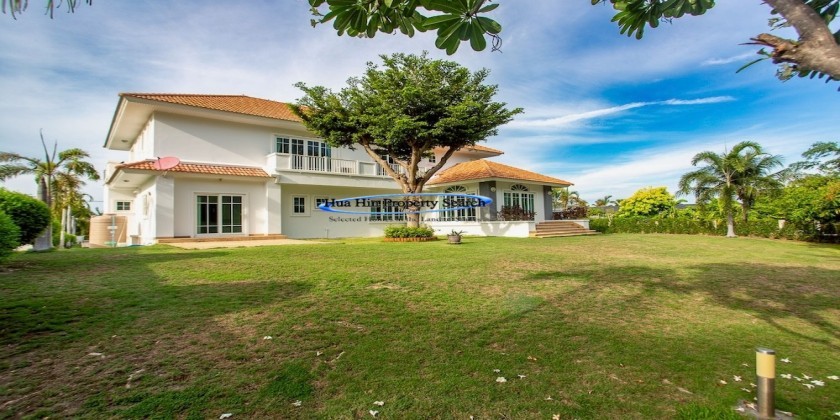 Вилла с полем для гольфа с 7 спальнями на продажу Palm Hills Hua Hin
Вилла с полем для гольфа с 7 спальнями на продажу Palm Hills Hua Hin
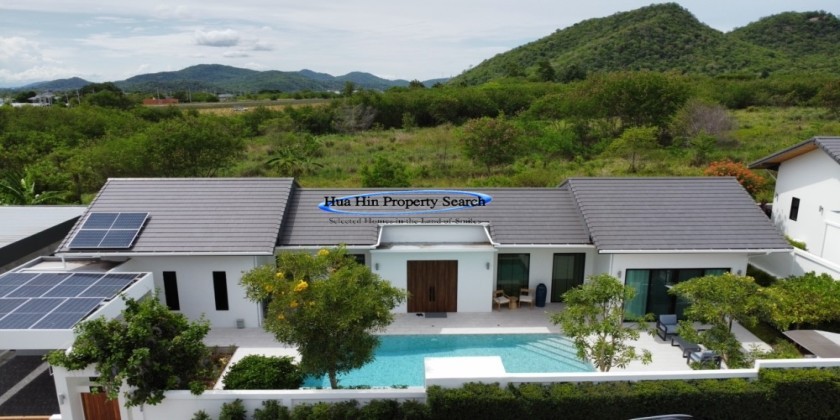 Вилла с бассейном, удостоенная наград, на продажу в Хуа Хине
Вилла с бассейном, удостоенная наград, на продажу в Хуа Хине
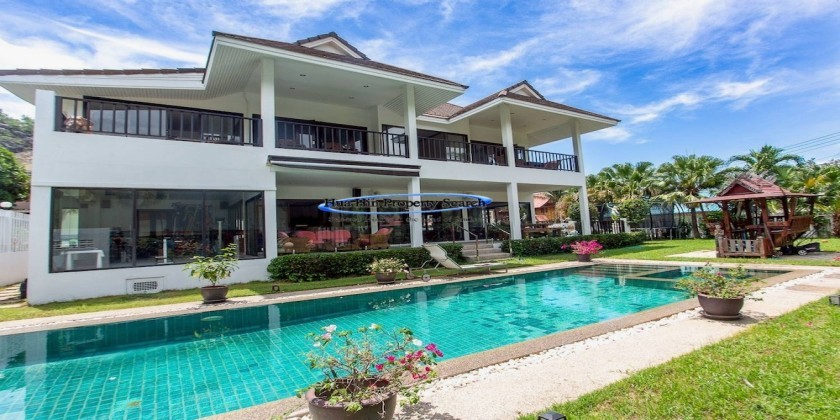 Вилла с бассейном в центре города на продажу, сои 88, Хуа Хин
Вилла с бассейном в центре города на продажу, сои 88, Хуа Хин
 Вилла The Clouds с 3 спальнями и бассейном на продажу в Ча Ам Хуа Хин
Вилла The Clouds с 3 спальнями и бассейном на продажу в Ча Ам Хуа Хин
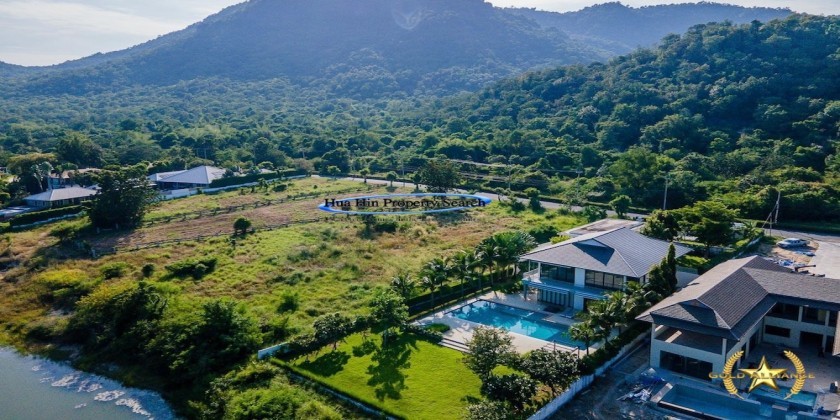 Поле для гольфа Palm Hills Элегантная вилла с 5 спальнями и бассейном на продажу
Поле для гольфа Palm Hills Элегантная вилла с 5 спальнями и бассейном на продажу
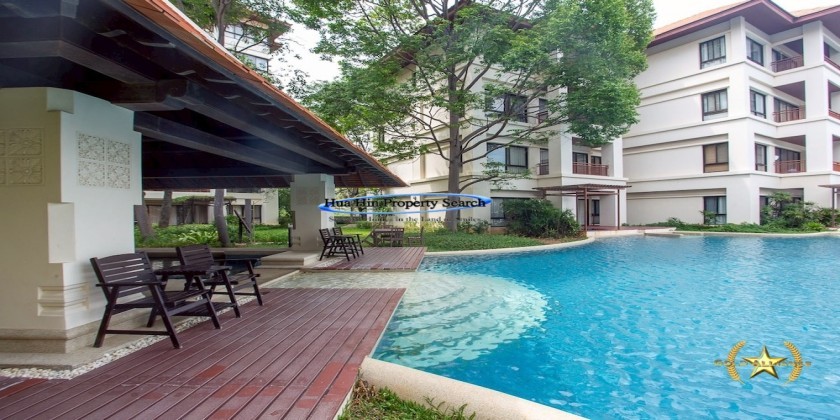 Santipura 2-комнатная квартира на продажу Khao Tao
Santipura 2-комнатная квартира на продажу Khao Tao
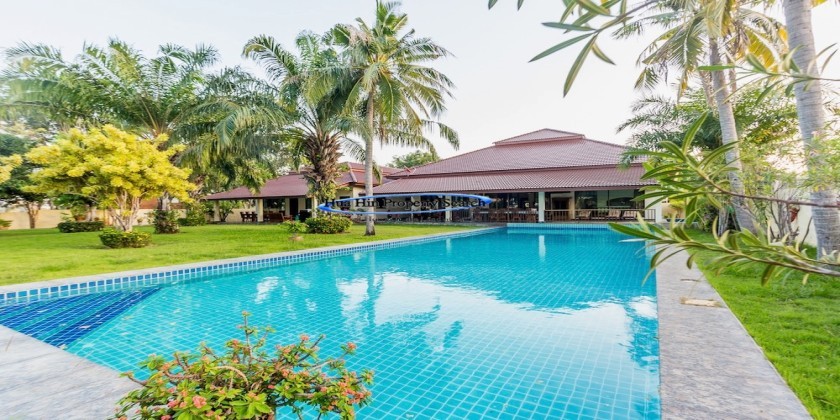 Большая вилла Palm Hills продается по супер цене
Большая вилла Palm Hills продается по супер цене
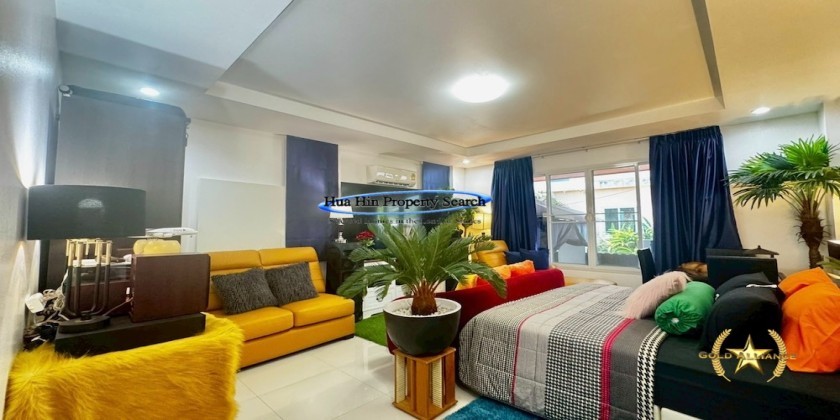 Дом с 3 спальнями на продажу Smorpong Hua Hin
Дом с 3 спальнями на продажу Smorpong Hua Hin
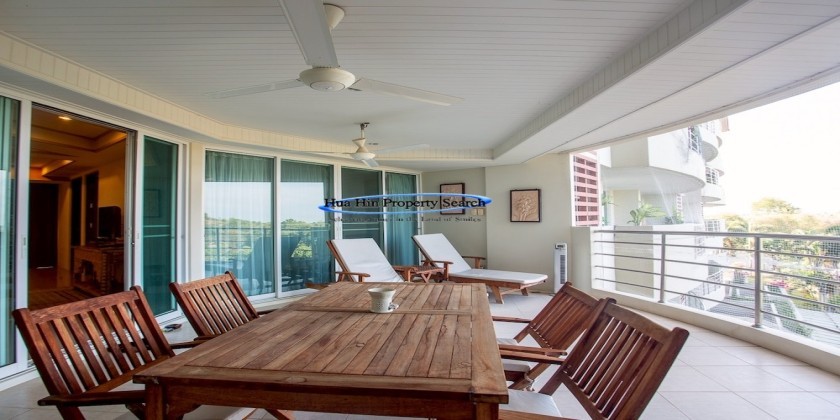 Searidge просторные 3-комнатные апартаменты Khao Tao на продажу
Searidge просторные 3-комнатные апартаменты Khao Tao на продажу
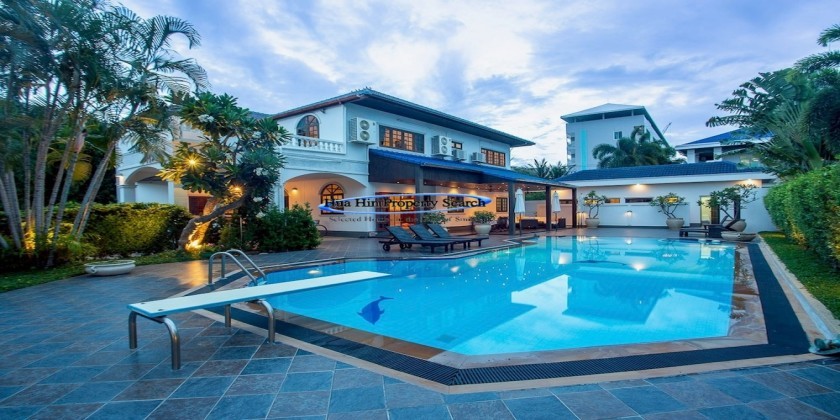 Вилла с бассейном и 6 спальнями в центре города на продажу в Хуа Хине
Вилла с бассейном и 6 спальнями в центре города на продажу в Хуа Хине

У нас есть знания, опыт и опыт, чтобы помочь вам выбрать лучшую недвижимость в Таиланде.